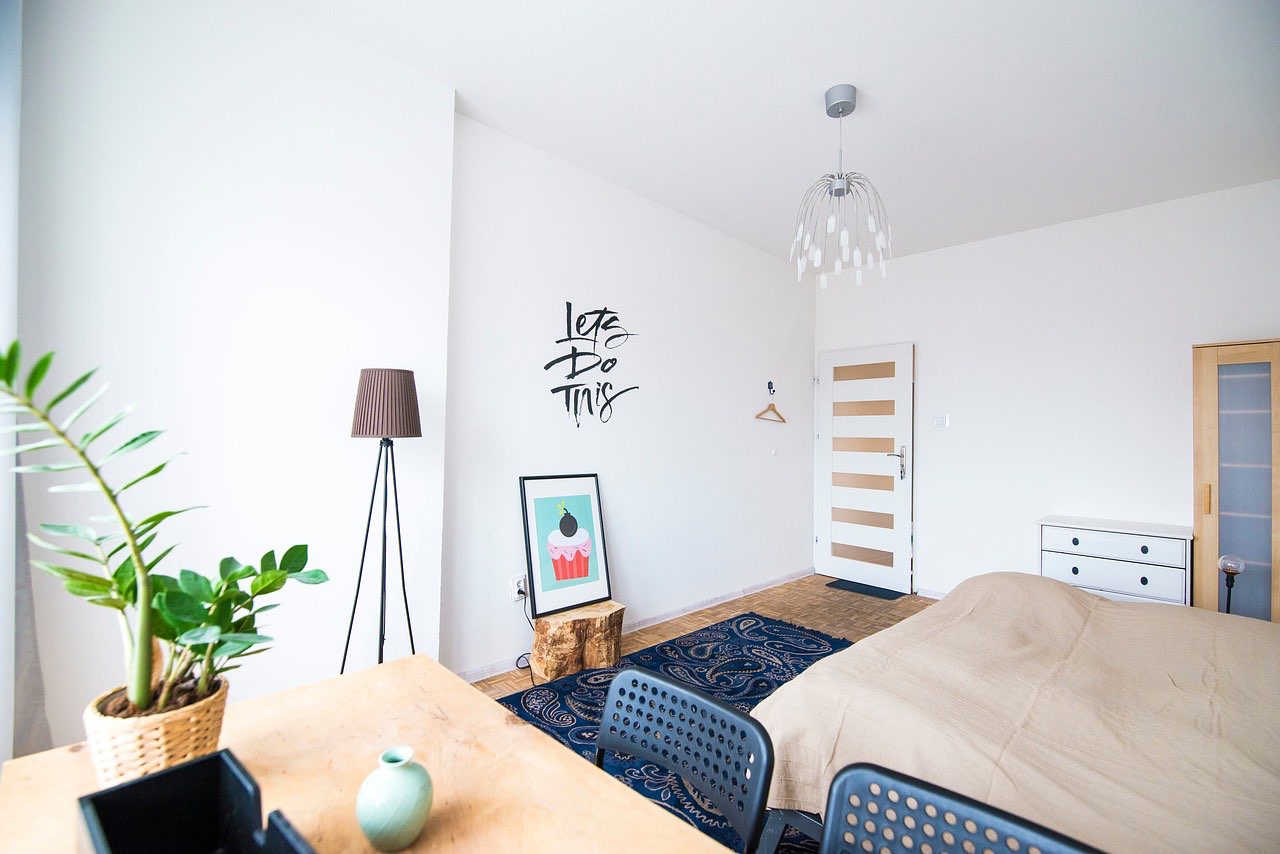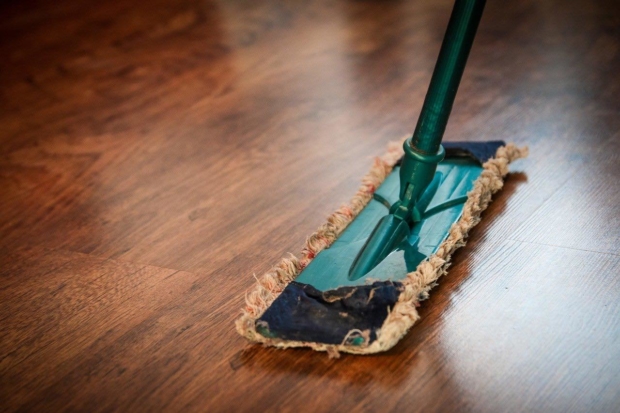It wouldn’t be wrong to say that the industrial and commercial sectors consume a large amount of energy. Control on high consumption of energy is crucial to protect the environment in more than one way. If you are wondering how to cut down on the electricity consumption of your hotel, then review the following guidance.
1. Employ Solar Panel Technology
Solar panel technology is one of the best sources of electricity. It can significantly help your hotel to cut down on its electricity bills. Employing this rising trend is one way to reduce utility expenses without compromising the comfort level of guests at your hotel. Currently, the hotel industry is increasingly using this affordable photovoltaic technology. It can deliver a two-fold opportunity to your business. First, your hotel can potentially decrease its power consumption from the grid. And secondly, your hotel gets to make money by selling the excessive production into that grid.
2. Make Use of Energy-Saving Lighting
Next, if you aim to employ ideal energy-management strategies at your hotel, you need to consider the functioning of lightbulbs. Look for practices that can help your hotel consume less energy. You can begin by switching traditional light bulbs with low-energy lightbulbs. Noticeably, these bulbs consume 80 percent less energy. And they happen to last much longer. Secondly, you can install daylight sensors at your hotel. You can install occupancy sensors as well. This way, your hotel management personnel will be able to assess when the lights are needed and when they are not required. For instance, during daylight, the lights will automatically turn off.
3. Link Energy Management System (EMS)
Thirdly, your management staff needs to keep a check on the heating and cooling system of a hotel. For superior tracking of everything, you must link your hotel’s EMS with its reservation system and automated check-out system. This way, your hotel system will ensure minimum cooling and heating for ventilated rooms.
Similarly, your staff can provide comfortable heating and cooling temperature for rooms issued to hotel guests. They can make sure that a room is adequately heated/cooled before the arrival of a guest. After the guest has arrived in his room, he can then adjust the temperature accordingly. Excitingly, under EMS, the HVAC system will automatically go to unsold mode after a hotel guest has checked out.
EMS is best-suited to enhance the comfort of your guests and ramp down the energy expenses by 35% to 40%. You could see a return on investment (ROI) up to 50% to 75%.
4. Ensure Worthy Housekeeping Practices
You may find this strange, but training your staff so they make sure of good housekeeping practices can substantially reduce the energy costs of your hotel. Ask your hotel staff to open the window curtains when there is natural or daylight flowing into the guest rooms. Train them to instantly turn off the air conditioners, heaters, and lights when rooms are unoccupied and cleaned. Rationally speaking, 19 to 21 degrees celsius room temperature is ideal for your guests. Cleaning staff should also wash towels, linens, and cotton bedsheets at a lower temperature. Plumbing staff must be capable enough to immediately find if there is any water leak, dropping toilet, or tap. These small steps can reduce high energy bills.
5. Get Everyone Involved
Above all, get everyone involved. It is your responsibility to educate your management staff, to conduct training of employees, and to request that your hotel guests take part to ensure energy efficiency for the greater good. For instance, you can motivate your hotel staff to come up with energy-saving tips by providing them with incentives. You can encourage your guests to consume less hotel energy by offering them rewards.








